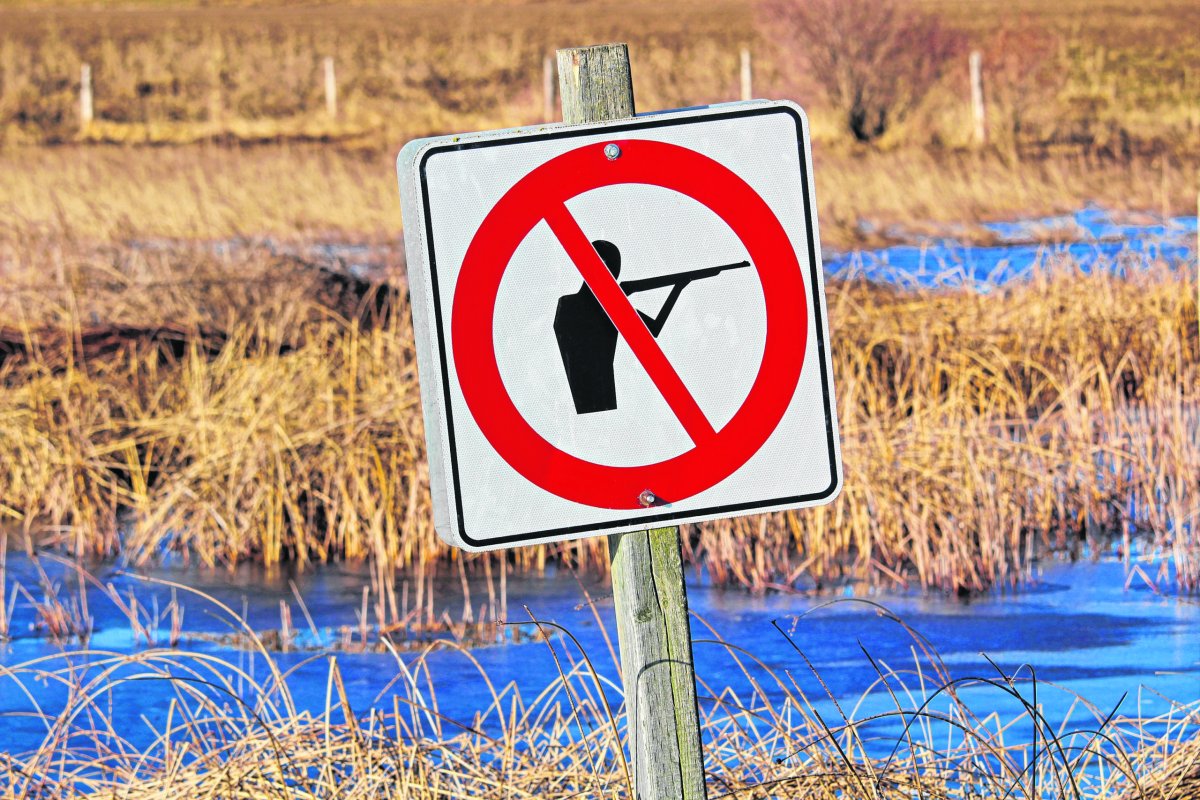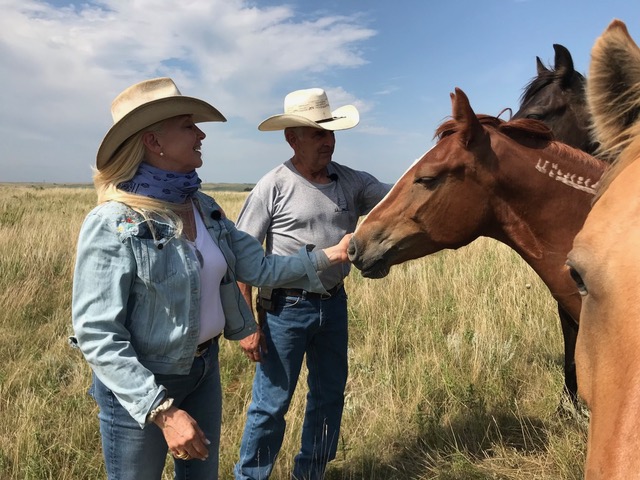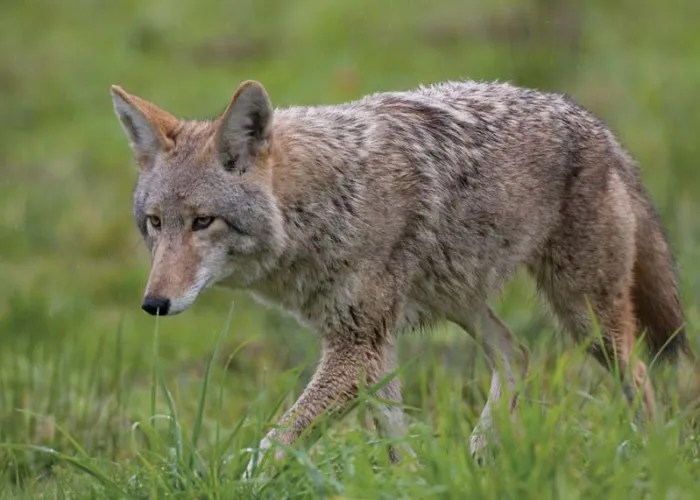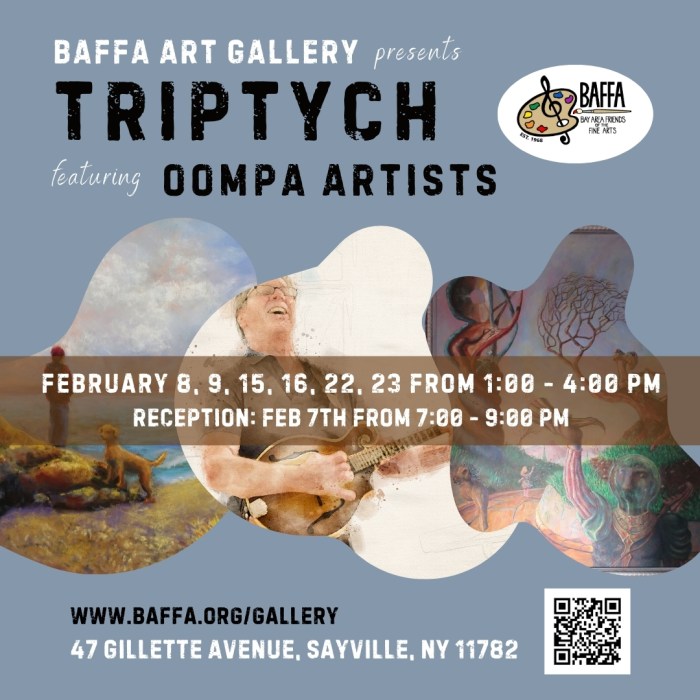Wildlife killing contests — competitions designed to target a variety of species such as coyotes, foxes, bobcats, deer, rabbits, squirrels and birds, wherein participants are awarded with cash and prizes — were recently banned in New York State.
While proponents argue that these contests help manage wildlife populations and protect livestock, New York is now one of several nationwide to ban these events, regarding them as both unethical and detrimental to ecosystems. Supported by state Assemblymember Deborah Glick (D-Manhattan) and state Sen. Tim Kennedy (D-Buffalo), the legislation (A.2917/S.4099) was signed by Gov. Kathy Hochul in December.
“The fact that these contests and competitions were still legal in New York for years, falling under the disgusting guise of entertainment was not only absurd, it was inhumane,” said Kennedy. “It’s exactly why I drafted this legislation in collaboration with the Humane Society and fought for its passage.”
Many experts agree that wildlife killing contests promote a culture of violence. Participants often use cruel methods including high-powered rifles, traps, and poison, which cause animals to suffer immensely before dying.
Just the presence of hunters and gunfire and the constant threat of being pursued and killed causes animals to experience heightened anxiety, impacting their well-being and natural behaviors. Additionally, animals that are injured or killed are often parents caring for dependent offspring, leaving orphaned young unable to fend for themselves or survive without parental care. Worse, many animals die in vain as their bodies are often discarded in the trash at the conclusion of the contest.
Conservationists, animal advocates and experts continue to promote more humane, science-based approaches such as habitat management, fertility control techniques such as immunocontraception, nonlethal visual and auditory repellents, predator-friendly practices such as livestock guardian animals and predator-resistant fencing, cruelty-free and environmentally friendly pet management control methods, and, of course, education through community-based conservation initiatives.
To ensure that New York remains committed to promoting humane and sustainable conservation practices, be sure to support advocates and organizations that prioritize the ethical treatment of animals. Doing so will contribute to a future where both wildlife and humans can successfully coexist.































